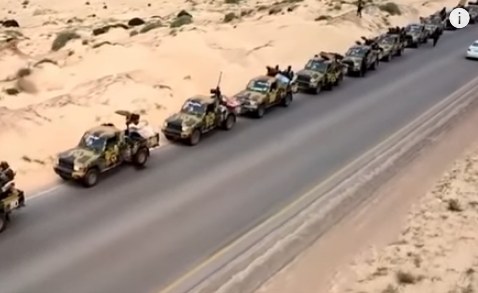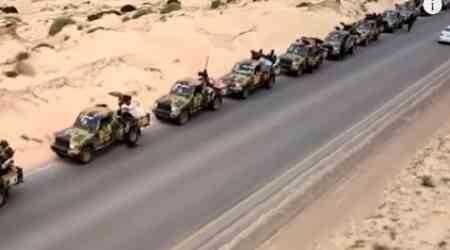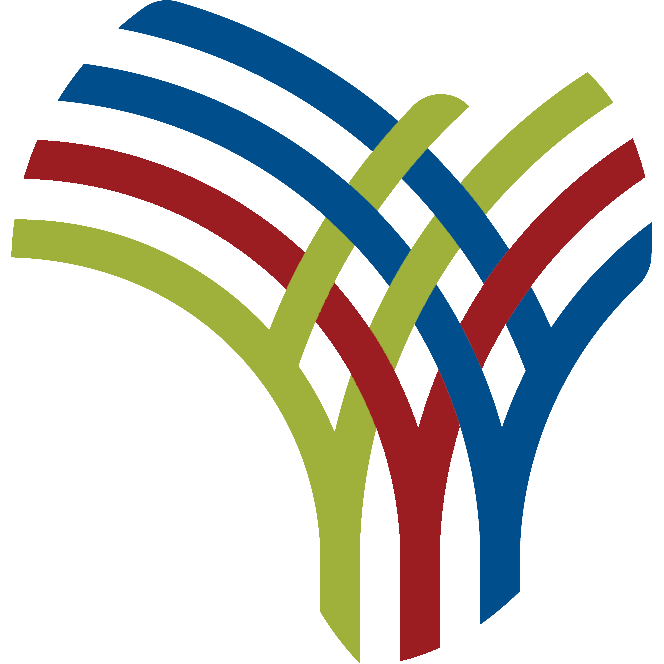The arrest of Libyans who allegedly received military training in South Africa hints at the nature of power in the north African country.
Were 95 Libyans really undergoing military training at the Milites Dei Academy in South Africa's eastern Mpumalanga province, and if so, for what purpose? Or were they just learning to be commercial security guards?
This remains something of a mystery. Which should not be surprising, given the complexity of their home country. The men were arrested by police on 26 July and appeared in court three days later, charged with misrepresenting the purpose of their visit to South Africa in their visa applications.
Police told local media the men claimed they came to South Africa for training as private security guards, whereas they were really receiving military training. In an interview with a local TV network, one of the men said they had been hired and sent to South Africa for training by a Libyan business tycoon so they could protect his many businesses.
But most analysts aren't buying that, and believe that the men were sent to receive military training. And there is a broad consensus they were sent by Libyan strongman Field Marshal Khalifa Haftar who heads the self-styled Libyan National Army (LNA). He is the de facto leader and enforcer of the government based in Benghazi in eastern Libya - which is vying for control of Libya with the United Nations-backed government in the west, based in Tripoli.
Jalel Harchaoui, a Libya expert at the Royal United Services Institute, told ISS Today that the evidence pointed to the men being employed by the Haftars. It would be no surprise if they used the cover that the men were being trained as private security guards, he said.
There has also been speculation that if Haftar is training soldiers, probably as special forces, he must be preparing for another military assault on the western government like the one he launched in April 2019. His forces were stopped in the suburbs of Tripoli in June 2020 mainly by the intervention of Turkish forces.
Harchaoui doesn't rule out that possibility, though he says it's not an inevitable conclusion. 'The entire economy, the entire political system, territorial management, administration, influence over the budget and expenditure, influence over day-to-day safety of citizens, police matters, all of those basic components of social life ... in Libya are highly determined by the power of armed groups,' he says.
In other words, since the open warfare of 2019-20, armed groups have continued to build up their military might to deter rival armed groups. They use force to exert influence over anything from defending territory to getting state jobs for their relatives, to stopping jihadists crossing the border from Niger. 'Everything is predicated on - potential - physical violence. But it doesn't mean that that violence is going to be used,' Harchaoui says.
This helps explain why, four years after the all-out war ended, and 13 years after Muammar Gaddafi's ousting, Libyans still haven't negotiated an end to the political dispute between the western and eastern government. In April, United Nations Special Envoy Abdoulaye Bathily resigned in disgust, rebuking Libya's political leaders for being unwilling to place the collective interest above their own personal interests.
On the face of it, the disagreement between east and west boils down to the sequencing of elections. The east wants to go straight into presidential elections now, while the west says there should be a more solid institutional foundation first. For example, the Constitution must be changed to include, among others, a proper definition of the president's powers. The result of these incompatible positions has been a long impasse.
Yet when Bathily remarked on personal interests trumping the national interest, he was reflecting a general sense among observers that for the country's political elite, the status quo is working just fine, so why change it?
Some talk about the Big Five spanning both east and west. These are: Mohamed Takala, High Council of State President; Abdul Hamid Dbeibeh, Government of National Unity Prime Minister; Aguila Saleh, Speaker of the House of Representatives; Field Marshal Khalifa Haftar, LNA Commander; and Mohamed al-Menfi, Presidential Council President. They are all milking the country's resources and living off the chaos.
One gets the impression that those in power are continually looking for some new pretext to avoid elections to choose a single, unified government. And Harchaoui says often politicians of the east and west are complicit with each other in corruption.
So the sharp lines between the two sides have become more blurred. This is also apparent in international involvement. Four years ago, it was clearer. Turkey supported Tripoli while the United Arab Emirates (UAE) and Russia were supporting Benghazi. Now, Harchaoui says, Turkey is still supporting Tripoli, while at the same time trying to win over the Haftar family in the east. The UAE is preserving its historical closeness to Haftar, but also backs Prime Minister Dbeibeh in Tripoli.
Turkey and the UAE are the two main foreign powers involved - though Russia is expanding its military presence in the east, thanks to its long alliance with Haftar, says Harchaoui.
'So you see how entrenched the status quo is.' He is dismayed that the international community seems resigned to this because it hasn't led to open warfare for four years and Islamic State isn't flourishing. Yet Libya suffers because the corruption and lack of unified purpose are hindering development.
There isn't an obvious solution. But Harchaoui believes it is up to the US to use its power and influence to leverage one.
Peter Fabricius, Consultant, ISS Pretoria

































